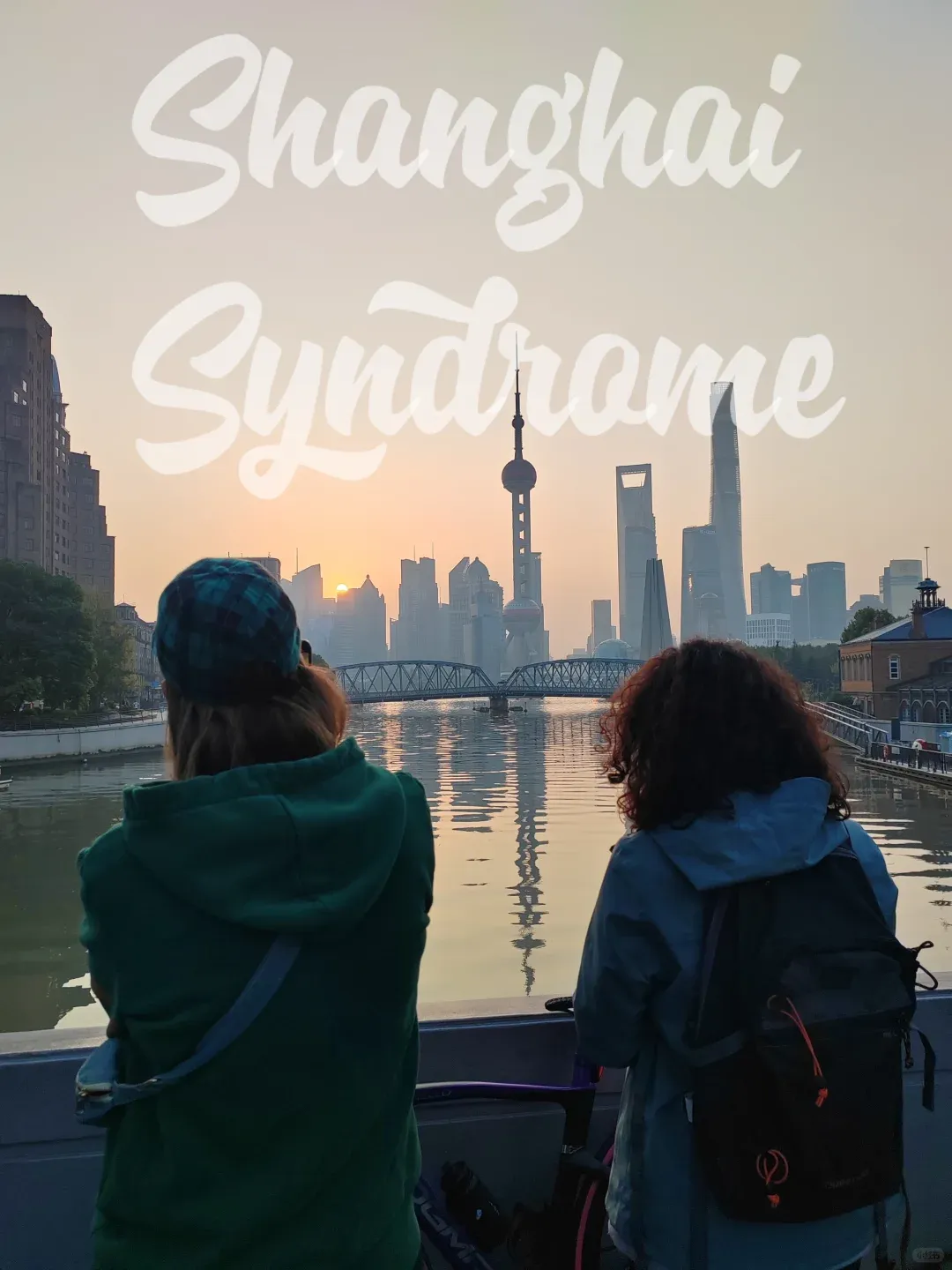The 'Shanghai Syndrome': Every Foreign Tourist's WTF Moment
-
Ahhh, seeing this, I'd like to add another 'cultural phenomenon' named after a city. 'Seoul Sickness' is a term coined by K-pop fans (no offense intended). It mainly refers to a kind of withdrawal-like symptom experienced after attending a concert in Seoul, characterized by intense longing, a reluctance to leave, constantly reminiscing about the experience, and then starting to plan the next trip to Seoul. However, it seems the Korean term for 'Seoul Sickness' (서울병) doesn't quite have this meaning; in Korean, it's more akin to a 'big city syndrome' (though I might be mistaken, please feel free to add your thoughts).
-
This is the first time I've heard of 'Seoul Sickness'.
-
If they have such negative views about Shanghai, why would they even come here for tourism? It doesn't make sense.
-
Usually, people who visit despite having negative opinions are either here to see family or friends, or they're on a business trip and have some spare time for sightseeing after work. If they're purely tourists, their negative views probably aren't that strong.
-
Then why not call it 'Shanghai Remedy'?
-
That could work too.
-
Paris Syndrome, it's so true! I definitely felt that stark contrast between expectations and reality on my first trip to Paris. Thankfully, the city's architecture provided some consolation. Similarly, in my travels a few years before the pandemic, the place where 'Paris Syndrome' hit me hardest was Helsinki, Finland!
-
Hopefully, Paris Syndrome can gradually be overcome.
-
And then there's 'Bangkok Sickness' – that one's even worse!
-
I think I might have experienced that.
-
I think I saw you taking people to a xiaolongbao restaurant.
-
The one on Huanghe Road?
-
Borrowing the OP's (Original Poster's) term 'syndrome,' let me share a 'China Syndrome' experienced by a German friend on his trip to China before 2004:
- Before his trip, friends advised him to pack medication, warning that the environment would be dirty and the food unsafe. As it turned out, he traveled through most of China without needing any of it.
- In a remote and vast area in Xinjiang, far from any city, he suddenly heard his phone ring – a call from his family, a sound he hadn't heard for a long time. He was both surprised and delighted, and immediately shared it with his family over the phone. Back then, many areas in Germany still lacked mobile coverage, yet even in such a remote part of China, there was a signal!
- When they came to Shanghai, we took their group on the German-engineered Maglev train. They were absolutely astounded, their jaws practically dropped! They couldn't believe China had commercialized it while Germany hadn't. It was their first time experiencing the speed, smoothness, and comfort of the Maglev.
He joked he had to take this 'China Syndrome' back to 'infect' his friends. And just like that, more than twenty years have passed.
-
The Shanghai Revelation.
-
That's a good one.

